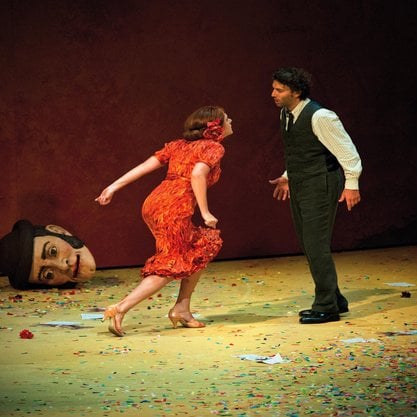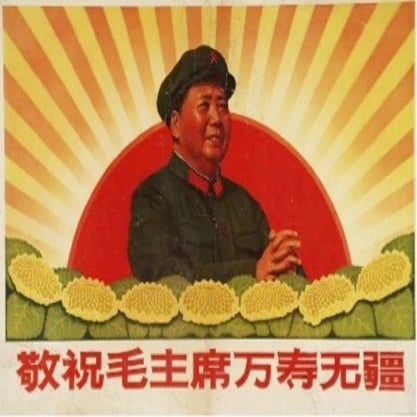Article
Enomoto, Kenichi 榎本 健一 (1904–1970) By Fukushima, Yoshiko
Article
A Japanese comedian, also known as Enoken, Enomoto initially created popular musical comedies in Tokyo’s downtown entertainment district Asakusa. His comedy style, containing elements from both Japanese and Western theater and popular entertainment, was a product of the modernism and liberalism of the Taishō period (1912–1926)—the age of ero-guro-nansensu (literally, erotic, grotesque, nonsense), and was erotically charged, frightfully new and nonsensical but attractive. His musical comedies led to the birth of the current-day wasei [Japanese-style] musicals.
Born in Tokyo, Enomoto became a student of the Asakusa Opera singer Yanagida Teiichi and made his stage debut in 1922 as a chorus member of the Negishi Opera Company. After the 1923 Great Kantō earthquake, he moved to Kyoto and played many minor roles in silent films. In 1929 Enomoto returned to Asakusa and joined the theater company Casino Folies specializing in Western-style revues and variety shows. In 1930 he formed his own troupe, New Casino Folies. His comic and energetic acting and amusing and speedy dialogs, inspired by Western cabaret performances and Hollywood talkies, were introduced in novelist Kawabata Yasunari’s The Scarlet Gang of Asakusa serialized in the Asahi Newspaper (1929–1930) and gained high popularity.

